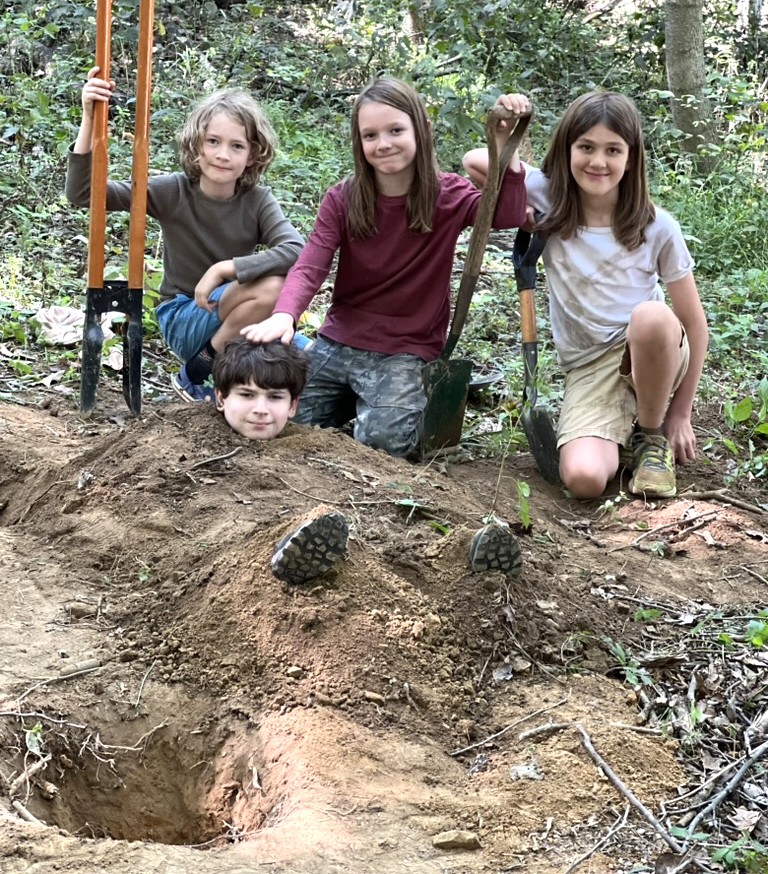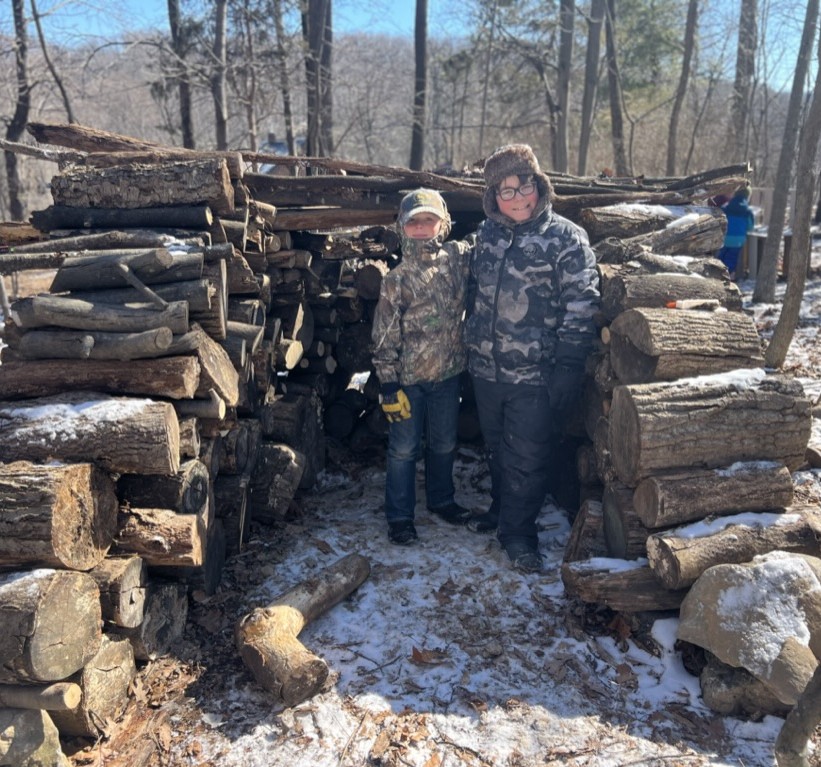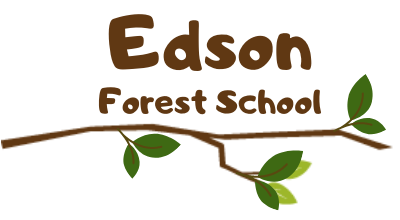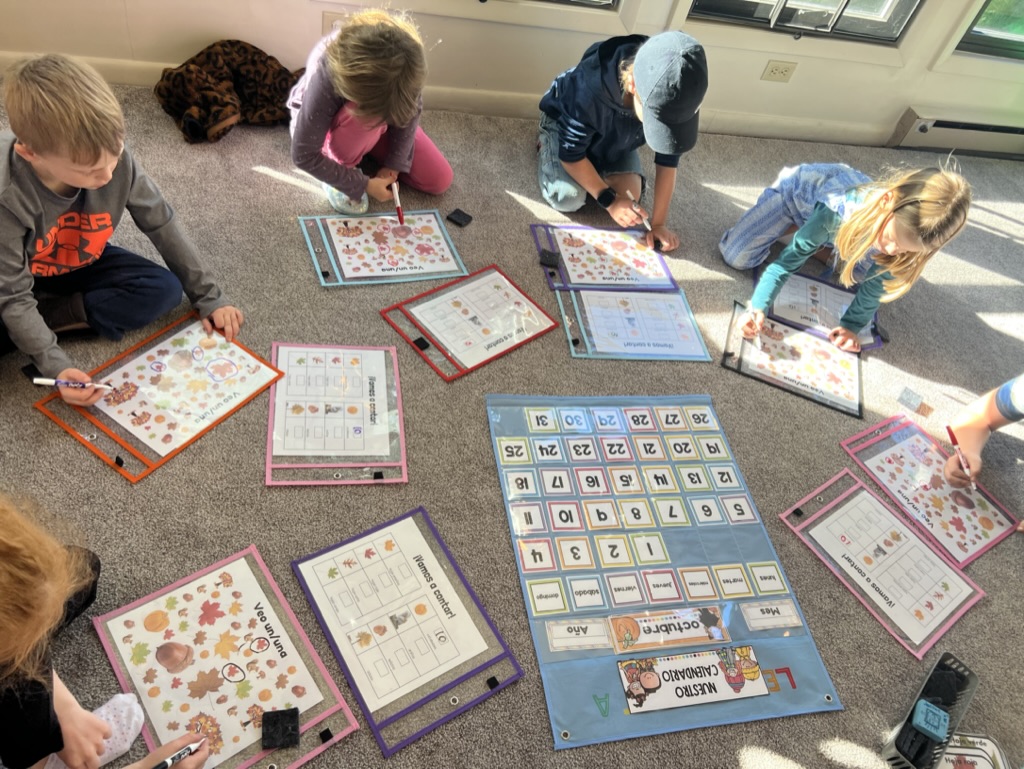
We are a nature-oriented private school with mixed age classes.
Students in our school learn much of the same content that can be found in other schools serving the same grade levels, but our approach is different. We aim to spend almost half of the day outside while providing a balanced mix of outdoor activity and academic challenge. Our small class sizes allow instruction to be given in a variety of ways, adaptable to each student and class mix.
We have a dedicated Spanish instructor and rotate through other extracurriculars during the year. Field trips too!
Students meet with our Spanish instructor multiple times as week, and many say that it is their favorite subject. Because we want well-rounded students, we aim to have our students devote time to the arts as well as standard academics. Students have art projects in their classes and during Spanish, but we also bring in local practitioners to help the students develop their appreciation and familiarity with the arts.
Our students carry a very light homework load
In the Lowers class, students should expect to have no required homework, though there can be long-term projects which would be appropriate for a student to work on at home. Uppers are more likely to have semi-regular homework, not only because they tend to have more detailed projects and longer writing exercises but also for the reinforcement of certain skills by repeated practice.
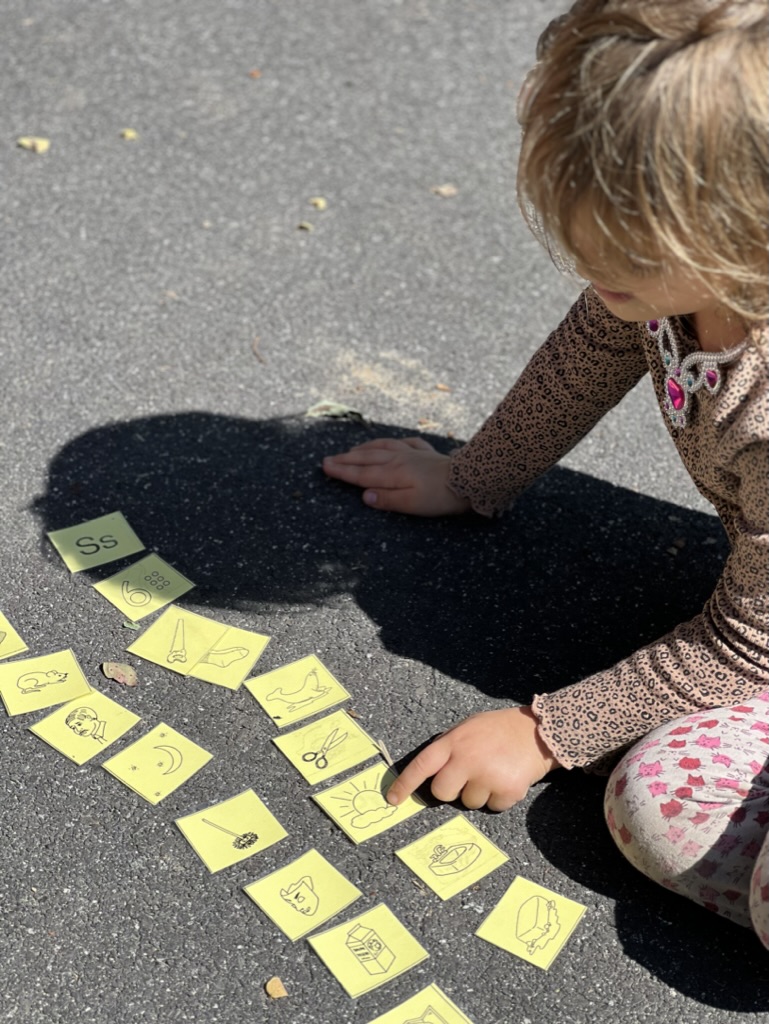
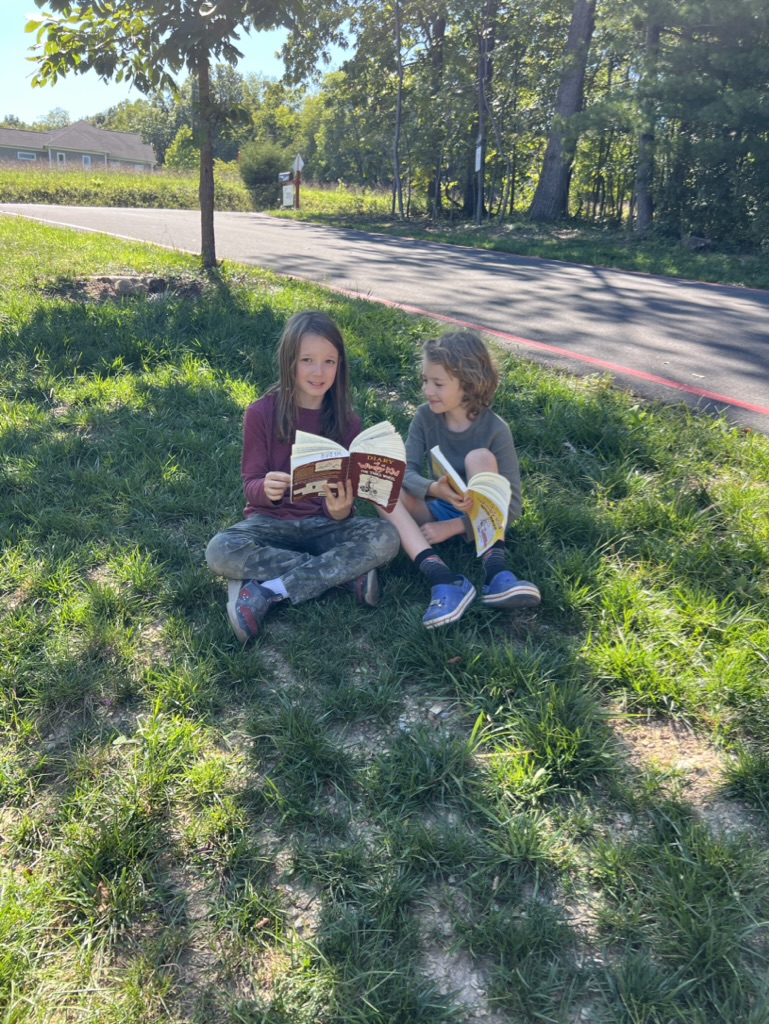
Hours
Edson Forest School holds classes during the school year from 8:45 am until 3:00 pm. We prepare a calendar for the full 180 day school year generally following holidays and teacher workdays set by Rockingham County Public Schools, with some exceptions.
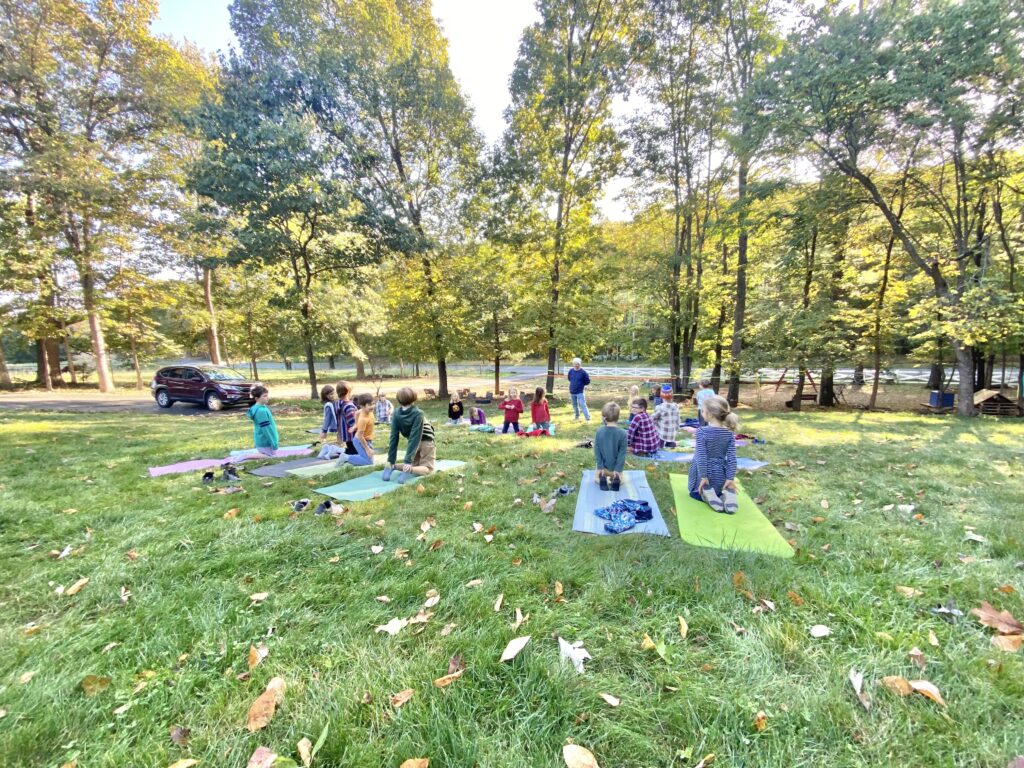
Academics are pursued both in traditional form in a classroom setting and also in the outdoors in pursuit of project-based learning and group explorations.
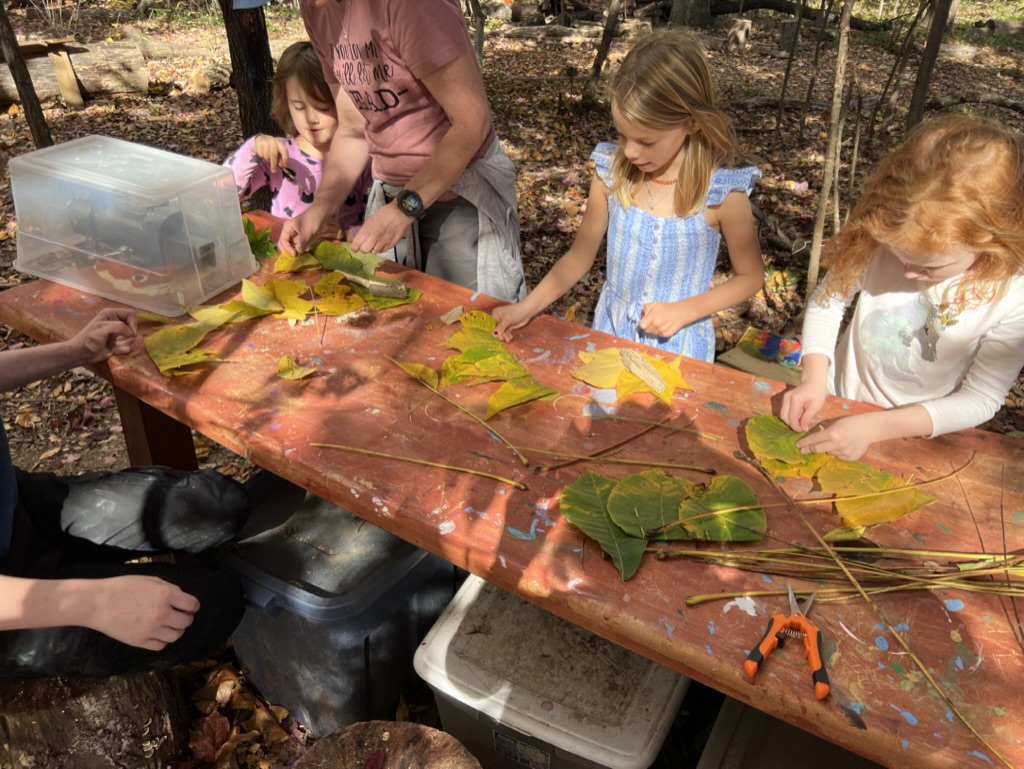
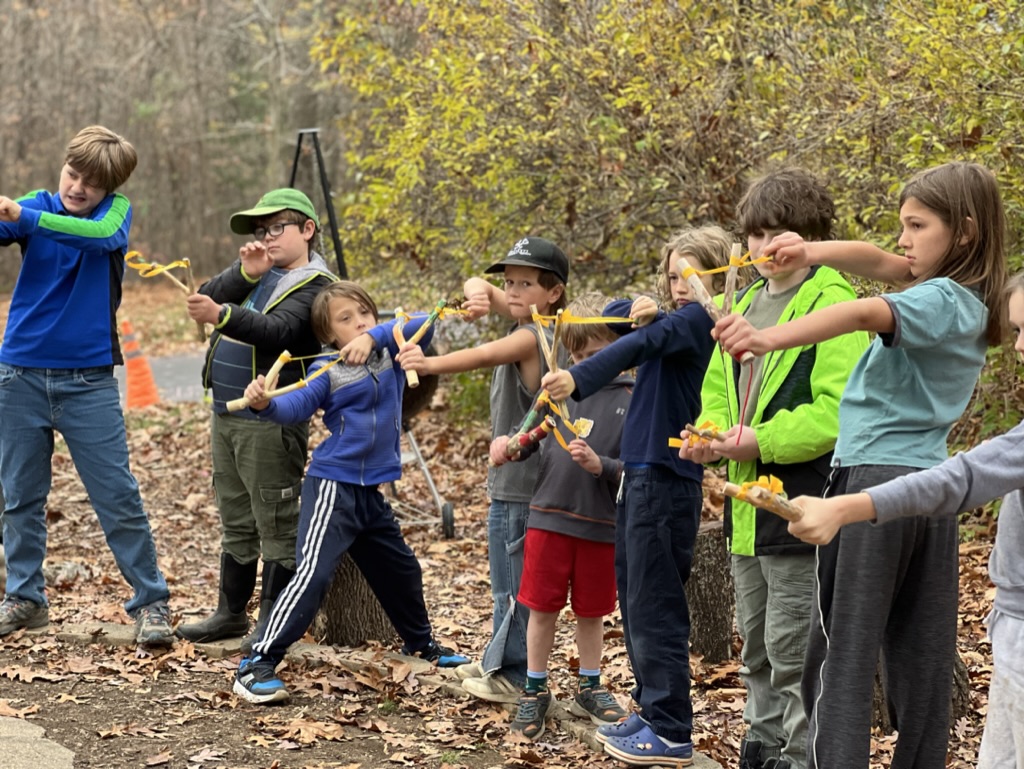
As often as possible, the students should be collaborating on an active learning exercise, with the instructors providing ideas and guidance but largely allowing the students to take the lead role in developing their own knowledge base and designing their own experiments. Although this method of learning will require some adaptation and flexibility on the part of both students and adults, soon enough the children take a lead role in their own scientific explorations while following their own natural curiosity.
